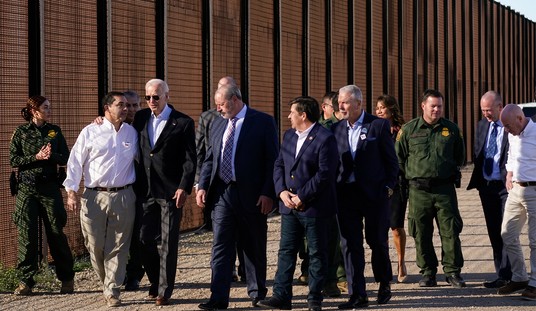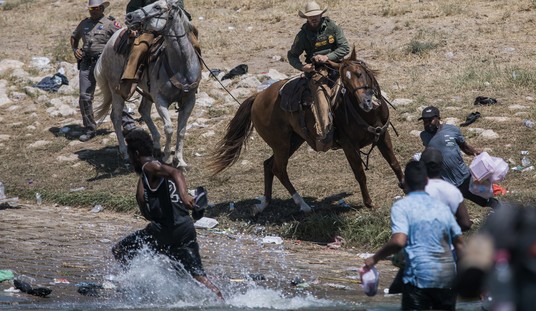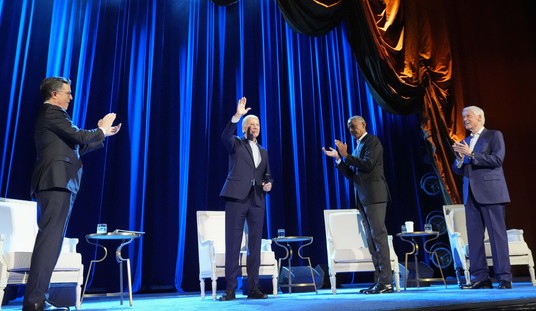This has been the DOJ’s defense since the beginning as to why they went to the White House with their concerns about Flynn. It wasn’t that he’d broken the law — although Yates says below that that subject did come up at her second meeting with White House counsel Don McGahn. Presumably that’s a reference to Flynn having possibly violated the Logan Act by chatting with the Russian ambassador, Kislyak, about sanctions when the Obama White House was trying to punish Russia, even though, er, no one ever gets prosecuted for violating the Logan Act and an incoming NSA certainly wouldn’t be. In fact, as Eli Lake noted at the time, Flynn might not have said anything damning to Kislyak during their call:
It’s not even clear that Flynn lied. He says in his resignation letter that he did not deliberately leave out elements of his conversations with Ambassador Sergey Kislyak when he recounted them to Vice President Mike Pence. The New York Times and Washington Post reported that the transcript of the phone call reviewed over the weekend by the White House could be read different ways. One White House official with knowledge of the conversations told me that the Russian ambassador raised the sanctions to Flynn and that Flynn responded that the Trump team would be taking office in a few weeks and would review Russia policy and sanctions. That’s neither illegal nor improper.
The core fear, noted by the Washington Post in the lede of its February 13th bombshell about Flynn and reiterated by Yates today, wasn’t illegality by Flynn but rather that the Russians would blackmail him based on his chat with Kislyak. Mike Pence had already gone on television and denied that Flynn and Kislyak had ever discussed sanctions, based on what Flynn had told him; the Russians knew that wasn’t true and may have had their own recording of the conversation, which they could have published at any time to prove that Pence had “lied” to the American people. That’s why Flynn lying to Pence was a liability for the administration. It’s not that the lie itself was so terrible but rather that it created an opportunity for the Russians to make Pence, and by extension Trump, look like they were lying about national security. And not just any element of national security but their coziness with Russia, already a major political liability for Trump.
Two questions flow from that. One: Is there more to Flynn’s “underlying conduct” with the Russians, to borrow Yates’s words, than just the phone call to Kislyak that made the DOJ concerned? As embarrassing as it would have been for the Kremlin to prove that Pence had “lied” on TV about what Flynn and the ambassador had discussed, it wouldn’t have been a mega-scandal. If it had come out, the White House could have blamed Flynn and punished him for misleading Pence by firing him then. But maybe, with Flynn already on thin ice inside the White House for other reasons, the blackmail risk was the last straw. Two: Why did the White House wait so long to fire Flynn after Yates first warned them of the risk that he was compromised? It’s been noted before that more than two weeks elapsed between the time Yates first met with McGahn and the time Flynn tendered his resignation. Only after people started leaking to the Post did the axe finally fall. Would Trump have kept Flynn on indefinitely, notwithstanding the blackmail risk, if the Post story hadn’t been published? Yates doesn’t admit to leaking, of course, but she’s basically providing the leakers with their defense here: Only by going public and embarrassing the White House could they force Trump to take action to protect national security by canning Flynn.
Sally Yates says question WH Counsel asked her "Why does it matter to DOJ if one White House official lies to another White House official?" pic.twitter.com/Qzqgi3qZRG
— CSPAN (@cspan) May 8, 2017








Join the conversation as a VIP Member